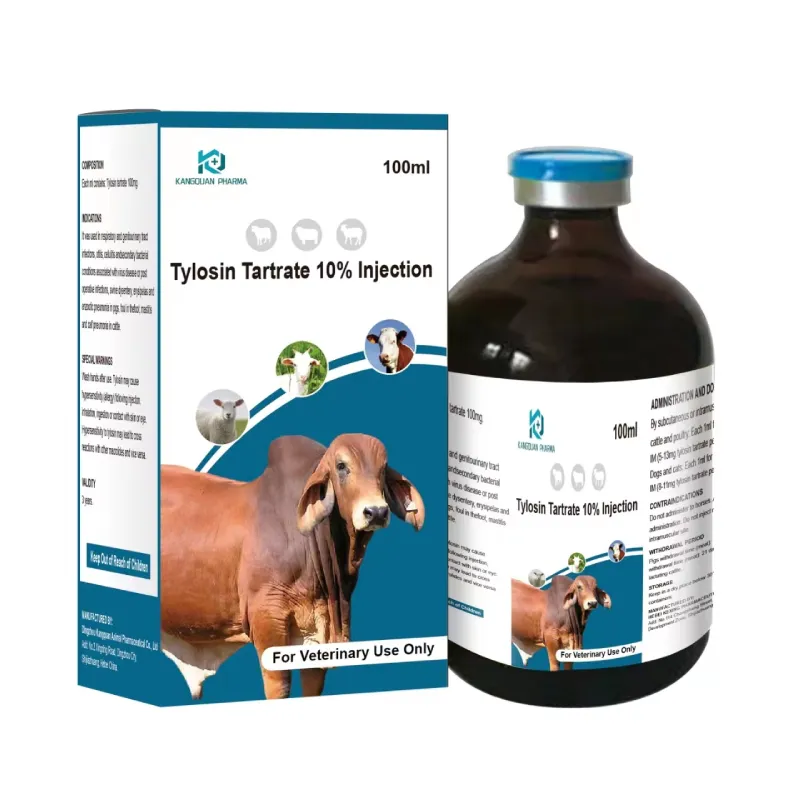- Afrikaans
- Albanian
- Amharic
- Arabic
- Armenian
- Azerbaijani
- Basque
- Belarusian
- Bengali
- Bosnian
- Bulgarian
- Catalan
- Cebuano
- Corsican
- Croatian
- Czech
- Danish
- Dutch
- English
- Esperanto
- Estonian
- Finnish
- French
- Frisian
- Galician
- Georgian
- German
- Greek
- Gujarati
- Haitian Creole
- hausa
- hawaiian
- Hebrew
- Hindi
- Miao
- Hungarian
- Icelandic
- igbo
- Indonesian
- irish
- Italian
- Japanese
- Javanese
- Kannada
- kazakh
- Khmer
- Rwandese
- Korean
- Kurdish
- Kyrgyz
- Lao
- Latin
- Latvian
- Lithuanian
- Luxembourgish
- Macedonian
- Malgashi
- Malay
- Malayalam
- Maltese
- Maori
- Marathi
- Mongolian
- Myanmar
- Nepali
- Norwegian
- Norwegian
- Occitan
- Pashto
- Persian
- Polish
- Portuguese
- Punjabi
- Romanian
- Russian
- Samoan
- Scottish Gaelic
- Serbian
- Sesotho
- Shona
- Sindhi
- Sinhala
- Slovak
- Slovenian
- Somali
- Spanish
- Sundanese
- Swahili
- Swedish
- Tagalog
- Tajik
- Tamil
- Tatar
- Telugu
- Thai
- Turkish
- Turkmen
- Ukrainian
- Urdu
- Uighur
- Uzbek
- Vietnamese
- Welsh
- Bantu
- Yiddish
- Yoruba
- Zulu
8 月 . 18, 2024 13:39 Back to list
Dexamethasone Sodium Phosphate Injection 4 mg/ml for Medical Use and Benefits
Dexamethasone Sodium Phosphate Injection A Comprehensive Overview
Dexamethasone sodium phosphate injection is a powerful corticosteroid medication commonly used to treat a variety of inflammatory and autoimmune conditions. This drug is particularly valued for its strong anti-inflammatory properties and its ability to modulate the immune response. Formulated as a 4 mg/ml solution, dexamethasone sodium phosphate is typically administered via injection, providing rapid systemic effects.
Pharmacological Profile
Dexamethasone is a synthetic derivative of prednisolone, designed to maximize anti-inflammatory effects while minimizing mineralocorticoid activity. This profile makes it effective for conditions that do not require the sodium-retaining properties of traditional corticosteroids. It acts by inhibiting the release of inflammatory mediators, thereby reducing inflammation and suppressing the immune response.
The sodium phosphate form of dexamethasone enhances its solubility, allowing for immediate bioavailability when injected. This is crucial in acute scenarios where a quick medical response is necessary, such as in cases of severe allergic reactions, asthma exacerbations, and adrenal crises.
Clinical Applications
Dexamethasone sodium phosphate injection is widely utilized in various clinical settings. One of its primary applications is in the management of respiratory conditions, including asthma and chronic obstructive pulmonary disease (COPD). It can be administered during acute attacks to alleviate inflammation in the airways and provide prompt relief.
In addition to respiratory issues, this corticosteroid is commonly used in the treatment of various autoimmune diseases, such as rheumatoid arthritis and lupus. In these cases, it helps to control excessive immune responses that lead to tissue damage and chronic inflammation.
Moreover, dexamethasone sodium phosphate injection is frequently employed in oncology. It is used to manage symptoms associated with cancer and its treatment, including nausea, inflammation, and certain side effects of chemotherapy. By addressing these concerns, dexamethasone helps improve the overall quality of life for patients undergoing cancer treatment.
dexamethasone sodium phosphate injection 4 mg ml

Dosage and Administration
While dexamethasone sodium phosphate is effective, its administration must be handled with care to mitigate potential side effects. The typical dosage varies based on the condition being treated, the patient's response, and other individual factors. It is usually administered through intramuscular or intravenous injection, enabling quick action.
Healthcare providers closely monitor patients receiving this medication, especially for signs of potential adverse effects such as mood changes, increased susceptibility to infections, or metabolic imbalances. Long-term use of corticosteroids is associated with risks such as osteoporosis, weight gain, and adrenal suppression, necessitating careful consideration and supervision by medical professionals.
Side Effects and Precautions
Although dexamethasone is generally well-tolerated, it can cause side effects, particularly with prolonged use. Common side effects include increased appetite, insomnia, mood swings, and elevated blood sugar levels. More severe complications, like gastrointestinal bleeding, cardiovascular issues, or severe infections, are less common but can occur.
Patients with certain conditions, such as systemic fungal infections or tuberculosis, should avoid the use of dexamethasone. Additionally, during pregnancy, the benefits and risks must be weighed carefully to ensure maternal and fetal safety.
Conclusion
Dexamethasone sodium phosphate injection plays a vital role in modern medicine, providing effective treatment for a range of inflammatory, allergic, and autoimmune conditions. Its quick action and efficacy make it a valuable tool in both emergency and chronic care contexts. However, its use must be balanced with a thorough understanding of its potential side effects and risks. Through careful administration and monitoring, healthcare professionals can harness the benefits of this powerful corticosteroid while minimizing its drawbacks, ensuring optimal patient outcomes.
-
The Power of Radix Isatidis Extract for Your Health and Wellness
NewsOct.29,2024
-
Neomycin Sulfate Soluble Powder: A Versatile Solution for Pet Health
NewsOct.29,2024
-
Lincomycin Hydrochloride Soluble Powder – The Essential Solution
NewsOct.29,2024
-
Garamycin Gentamicin Sulfate for Effective Infection Control
NewsOct.29,2024
-
Doxycycline Hyclate Soluble Powder: Your Antibiotic Needs
NewsOct.29,2024
-
Tilmicosin Premix: The Ultimate Solution for Poultry Health
NewsOct.29,2024













